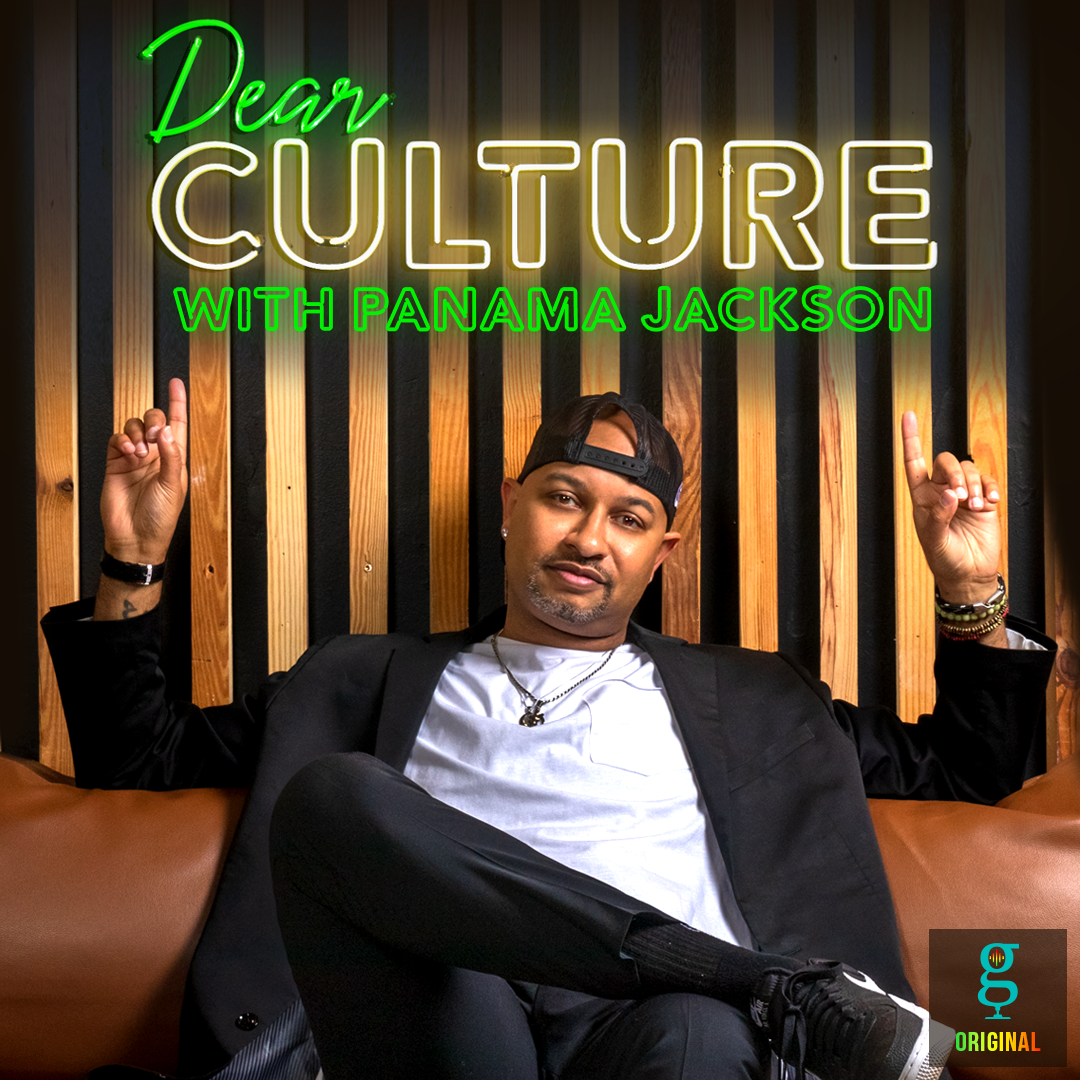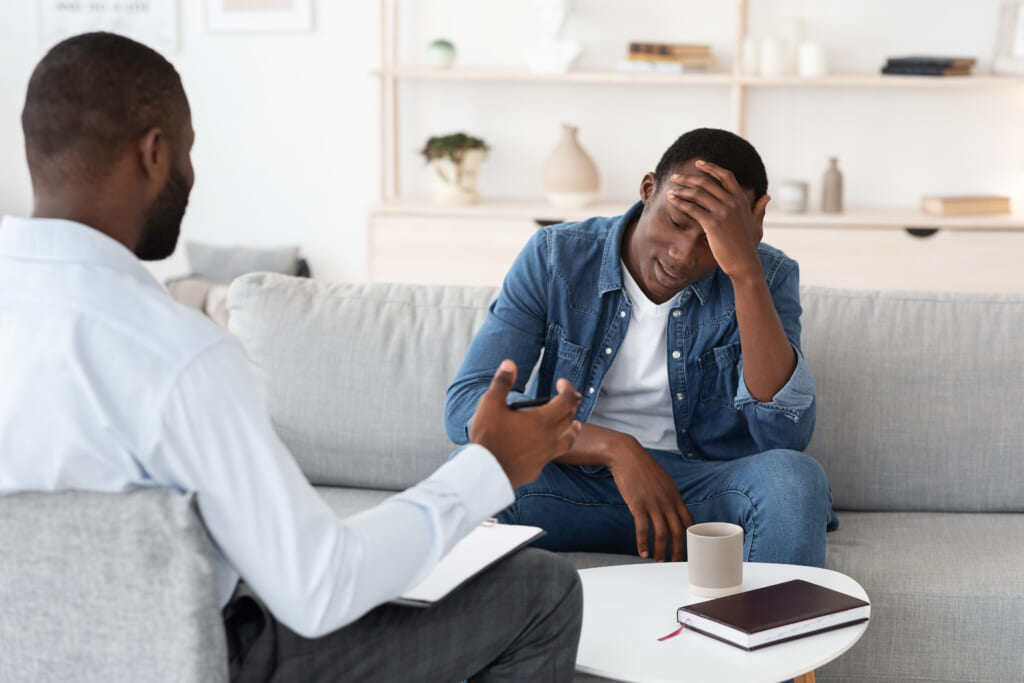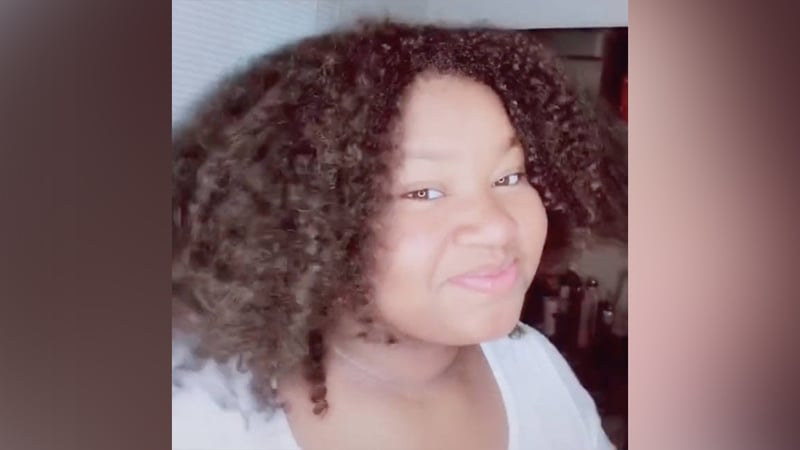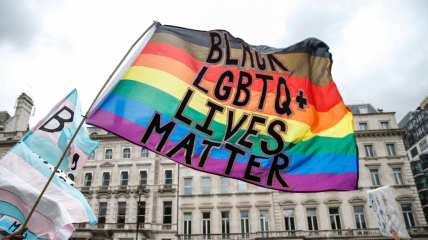
Read the full transcript here
School is back in session, but this time it’s all about the things we’re unlearning. This week on the Dear Culture podcast, our hosts, theGrio Social Media Director Shana Pinnock and theGrio Managing Editor Gerren Keith Gaynor, discuss dismantling the white supremacy within.
The advent of social media, particularly Twitter and Instagram, has equipped us with a cultural understanding of white supremacy and the varying ways in which we experience oppression as external threat and weapon. While this generation may have more access to language and tools to be more #woke than previous generations, are we really that far removed from the internalized oppression that plagued generations before us?
Dr. Dee Watts-Jones, a licensed psychologist and clinical therapist at the Ackerman Family Institute, defines internalized racism as an assumed racial inferiority for Black and non-Black folks of color and the University of Missouri’s Division of Inclusion, Equity and Diversity says it can be hard to see or feel because it is determined by: “your own culture, beliefs, biases and standards of beauty.”

Gaynor cited his experiences with colorism as an example of internalized oppression he’s seen within the Black community. He recalled, “We often bring up colorism in general, but I don’t think we have truthful conversations about what that really looks like. I think we internalize white supremacy in so many different ways, like how we value each other based on our skin color.”
Gaynor continued, “The truth is being a Black person in America is hard and being a [darker] Black person in America is even harder, especially when you are absorbing so much from the world about your identity and where you fit.”
Pinnock agreed and added that intracommunal anti-Blackness often complicates and amplifies the vulnerability of Black folks whose identity intersects at multiple points of oppression. Pinnock pointed to comments she saw online, defending police use of deadly force against 16-year-old Ma’Khia Bryant.

“She was a child and I find it so frustrating. It’s interesting to see all of those intersections and how you don’t even see that you’re touting anti-Black rhetoric right now,” said Pinnock. “You don’t even realize that if I were to go to FOX News, right, that’s what they are saying and you know who they are.”
While the journey to unlearning harmful and false ideas about our beauty, desirability and value may painful at times, Gaynor says it is a road worth travelling.
“I always say therapy is really important because it’s really important for us to be able to unpack some of this trauma,” said Gaynor. “Now I’m able to move in my dating life, and in my life in general, loving the skin I’m in and it wasn’t easy.”
Tune into the Dear Culture podcast to hear the entirety of the powerful conversation and learn how Shana and Gerren are constantly working towards self-acceptance.
TheGrio is now on Apple TV, Amazon Fire, and Roku. Download theGrio today!


